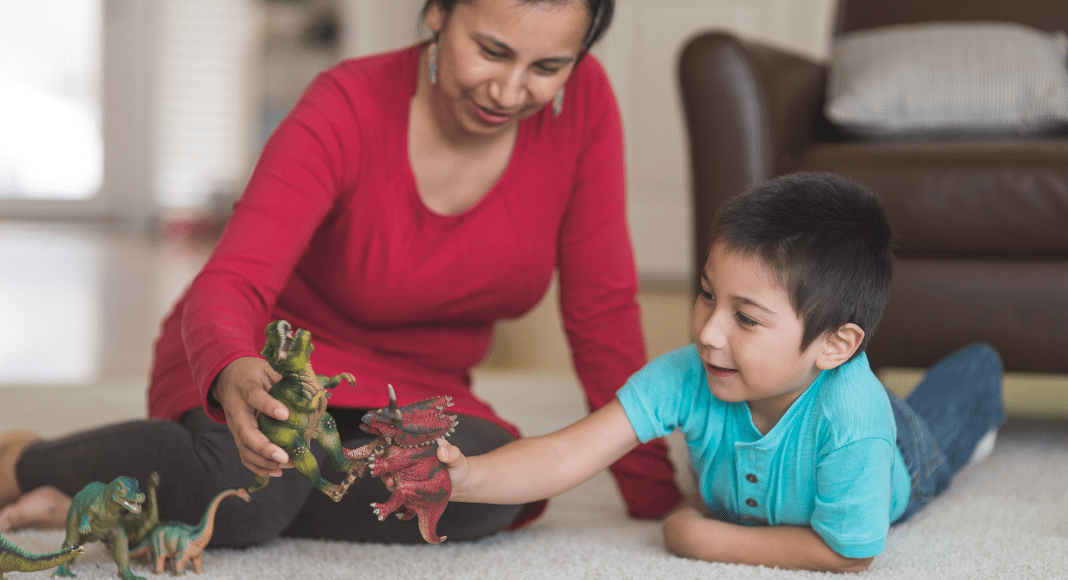 My child is good inside; I say to myself as I catch him screaming “holy s$%t” while going down the indoor water slide. *smiles nervously at the other parents staring*
My child is good inside; I say to myself as I catch him screaming “holy s$%t” while going down the indoor water slide. *smiles nervously at the other parents staring*
My child is good inside, I mumble, palm to my forehead, after asking him to put his socks on for the fifth time so we can go to school.
I take a deep breath and then another. My child is SO good inside; I remind myself as he fesses up to putting puffed popcorn down the heat register.
Because my child is good inside! Even when he does things that make me shake my head and want to shake him in frustration. Before, I would have thought, how does he know exactly how to push my buttons?! He knows not to do that. We’ve already talked about this. And those are the milder thoughts I’m willing to share here. But, changing my inner thoughts to reflect the reminder that my child is not out to get me and that he’s good inside has made a huge difference in my relationship with him.
My change of heart is all thanks to recently reading “Good Inside” by Dr. Becky Kennedy. In her book, Dr. Becky focuses on the concept that children (and parents) are good inside. It’s that simple. The behaviors that drive us crazy as parents are really just ways our children communicate with us while their brains are still growing and developing. After doing some emotional self-reflection, I realized that the thoughts that were automatic and habitual to me in a moment of frustration related to my child’s behaviors were setting a problematic tone for how I viewed and interacted with my child.
Reading Dr. Becky’s book helped me realize, and reminded me, that I am good inside, something I doubted most nights at 11 pm after a defeating parenting day. My child is good inside, something I realized I didn’t believe some days. And those behaviors, the attitude, and the constant lack of listening that was going on in my home? Totally developmental and part of his job in our family. The problem, many times, was that I was slacking on my job in the family, guiding him through those behaviors and experiences.
As Dr. Becky puts it, our young children have really only developed a “downstairs” survival brain so far. The part of their brain that says I wanted the cookie, so I ate the cookie. The part where mom said don’t eat the cookie, though, or that the cookie was someone else’s? The “upstairs brain” where things like empathy and emotion management live? Yeah, still developing. And that’s part of our job as parents, to act as the staircase between the downstairs (survival brain) and the upstairs (higher thinking brain). The problem in our family was that I was putting way too much responsibility on my pre-schooler to have and be able to access everything in his upstairs brain at age five instead of acting as that staircase when needed.
Unfortunately, it’s still needed a LOT at age 5. I have to constantly ask questions about the feelings and situation behind the behaviors instead of just assuming the behaviors are my child out to ruin my day. I’ve had to learn to be that staircase when needed to help my son connect concepts in the moment. Dr. Becky talks about how preventative interaction with our kids outside of behavior can significantly impact how our children learn to manage behaviors. Every suggestion in her book I’ve tried so far has made a difference in how I’ve spoken to my son and, connectedly, his behavior.
I have my husband reading the book now, and we’re both discussing and making significant changes in the structure of discipline in our family, how we all talk to each other, and how we spend our time together. I can genuinely say that we already see changes in ourselves and our five-year-old, and I’m sure only more is to come.
And you know what? My son was genuinely curious about why we shouldn’t put puffed popcorn down the floor register. “What is that thing?” He asked me later. “Where does it go to?” Both were legitimate questions, but at the moment, all I could see was exasperating behavior. My son’s brain is still learning and growing. Dr. Becky’s book is one I will forever now recommend to other parents because we’re learning and growing as parents too.








